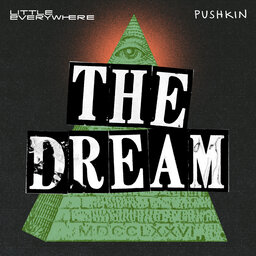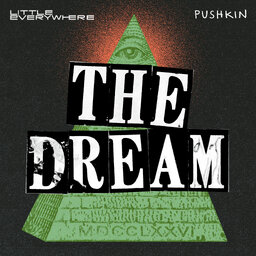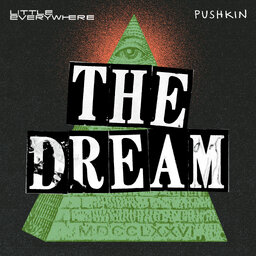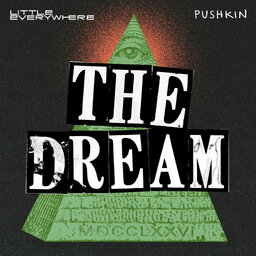Who becomes a life coach? Jane talks to Patrick Sheehan, a researcher who has found a surprising answer: many coaches couldn’t find success elsewhere. Why do people who can’t do teach? We also learn more about Jane’s life coach, her bona fides, and what sets her apart from the scammers.
 The Dream
The Dream


